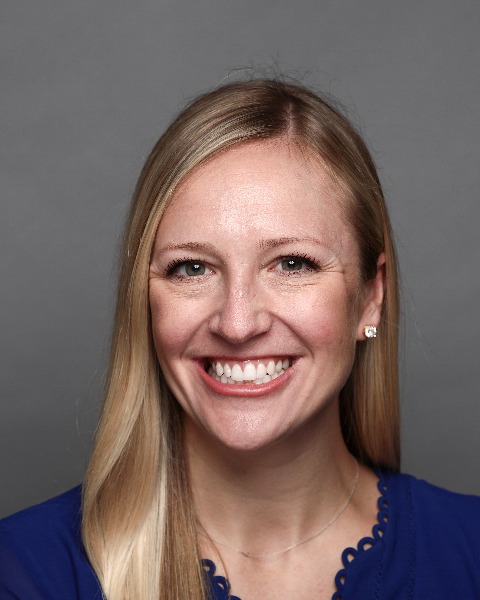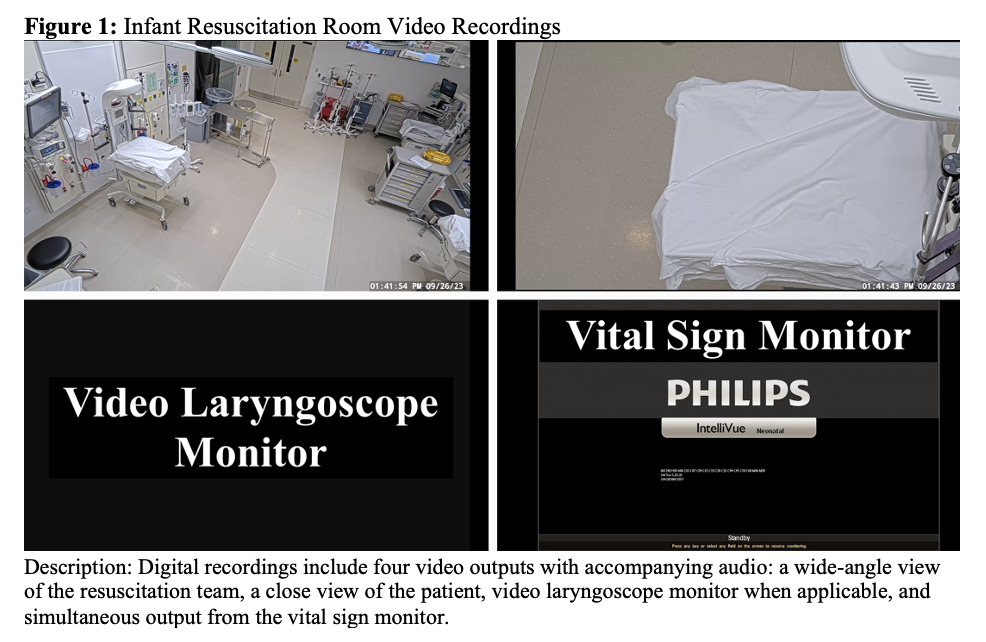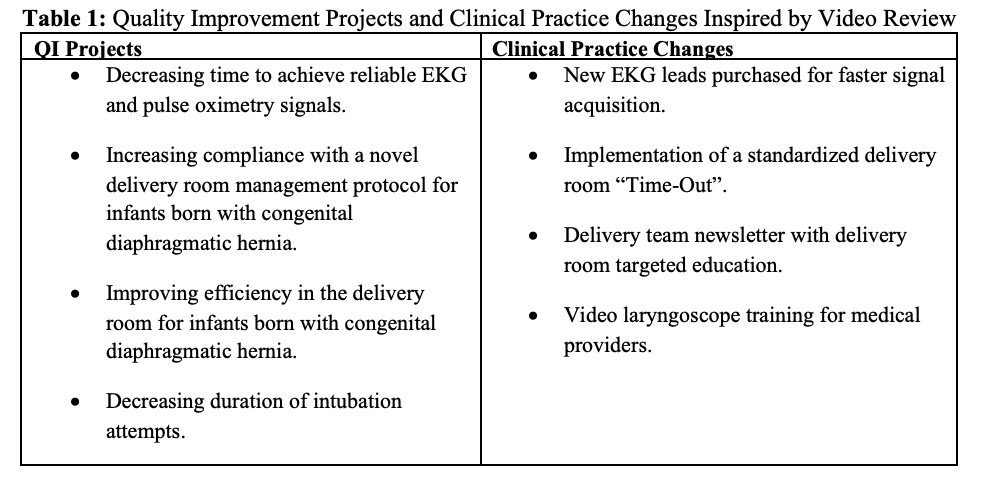Neonatology
Session: Neonatal/Infant Resuscitation 3
290 - Video Review of Fetal Care Center Resuscitations is an Effective Performance Improvement Tool
Monday, May 6, 2024
9:30 AM - 11:30 AM ET
Poster Number: 290
Publication Number: 290.3114
Publication Number: 290.3114

Morgan E. Hill, MD (she/her/hers)
Assistant Professor of Pediatrics, Division of Neonatology
Cincinnati Children's Hospital Medical Center
Loveland, Ohio, United States
Presenting Author(s)
Background: Fetal care centers (FCC) offer comprehensive care from prenatal diagnosis to postnatal management of patients with congenital diagnoses. The FCC resuscitation team must be capable of executing and adapting Neonatal Resuscitation Program (NRP) to fit the needs of these unique and complex patients. Video review (VR) has been proven useful as a tool to evaluate compliance with NRP and allows for robust assessment of nontechnical skills.
Objective: We hypothesized that development of a FCC VR program would allow us to rapidly drive change in our performance through prompt understanding of our environment and evaluation of our teamwork, communication, and medical management.
Design/Methods: A VR program was established for our FCC in November 2022. Key aspects of the program included choosing the correct equipment, collaborating with an interprofessional team, addressing medicolegal implications, and ensuring patient privacy and staff confidentiality. Recordings are generated for resuscitations in the Infant Resuscitation Room (Figure 1). Recordings are captured and saved on a secure virtual server. An interprofessional VR committee was developed and meets monthly to review all resuscitations for quality assurance and performance improvement. Monthly conferences are led by staff trained as simulation facilitators with expertise in debriefing.
Results: Sixty-nine recordings were generated for 69 unique neonatal FCC deliveries from November 2022 to September 2023; 42 neonates (61%) required resuscitation and 11 neonates (16%) required intubation. Monthly conferences provided a platform to understand our environment, objectively evaluate our performance, analyze data, and initiate change. The collaboration of the VR committee during these conferences inspired the development of quality improvement projects and resulted in clinical practice changes (Table 1).
Conclusion(s): A structured FCC VR program affords a safe environment for continual assessment of performance readily coupled with implementation of clinical practice changes. VR highlights long-standing but previously unrecognized areas for improvement. VR provides robust data on teamwork, communication, and the environment, information essential to change that is not objectively captured by traditional evaluation measures. Future goals include formally measuring the impact of video review debriefing sessions on teamwork and communication.


